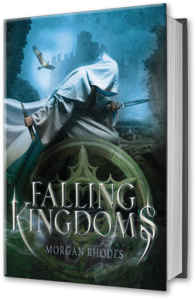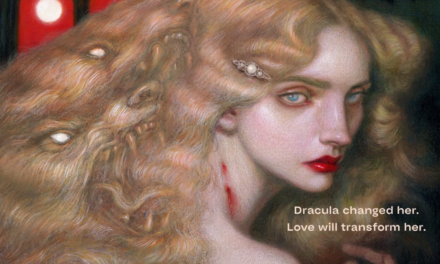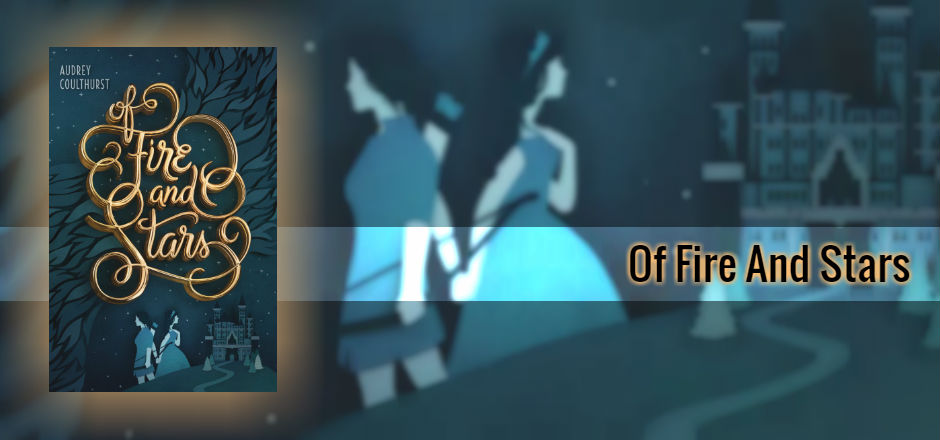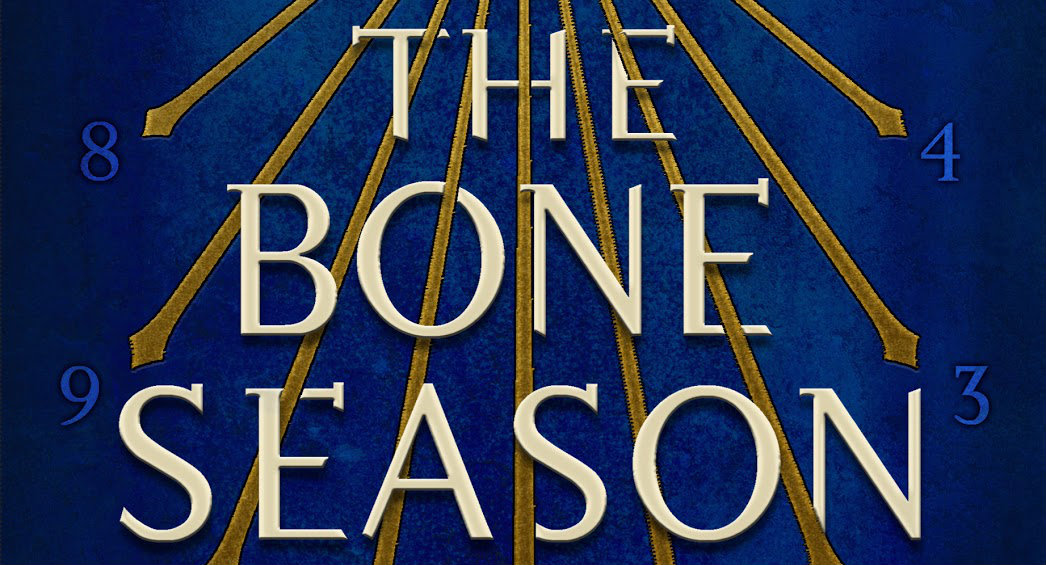 Falling Kingdoms is Morgan Rhodes’ first high fantasy novel and I have to say that this book is a great introduction to the world and the story she has crafted. The book takes places in Mytica, a land divided into the kingdoms of Auranos, Limeros and Paelsia. A series of events unravel with characters that come from these three places and they escalate to a breaking point (that’s all I’m going to give away since I don’t want to spoil the plot!).
Falling Kingdoms is Morgan Rhodes’ first high fantasy novel and I have to say that this book is a great introduction to the world and the story she has crafted. The book takes places in Mytica, a land divided into the kingdoms of Auranos, Limeros and Paelsia. A series of events unravel with characters that come from these three places and they escalate to a breaking point (that’s all I’m going to give away since I don’t want to spoil the plot!).
The novel is told in chapters that alternate between four main narrators: Cleiona (Cleo), princess of Auranos; Jonas, a wine seller’s son from Paelsia; and a pair of siblings, Magnus and Lucia, prince and princess of Limeros. In the very first chapter, Falling Kingdoms sets the reading in the world and in the middle of the chain of events that will unleash the novel’s climax; Rhodes doesn’t waste time plunging one into the journey and the world. From the very start, one is introduced to descriptions of the place where the characters find themselves and this is something that she continues to do through the very end of the novel.
While the descriptions are not as detailed as is customary of fantasy novels, Rhodes does a lot with little; with her descriptions, she manages to paint a picture of the kingdoms and how different they are from each other to the point where, as a reader, one can feel like one already knows these places. Auranos, Limeros and Paelsia are so different from each other not only in landscape, but in citizens and culture as well.
Religion and magic play an important aspect in this book, and they go hand in hand. Rhodes has done a wonderful job weaving these two elements together, creating a mythology that fits into the world as well as into one of the main concerns in the novel. She has also begun addressing questions about the magic, or the lack of it, in Mytica, and what it means for the people, something that I appreciate as a reader; several of the first installments I have read raise questions and provide little to no answers concerning their world, but Rhodes has gone ahead and tried to ground the reader into the world.
There is some romance in this book, but it’s not your typical one; romance takes a backseat and is not necessarily meant to work out well. Expect surprises with this one, especially with Magnus; his choice of love interest has me conflicted, and I have yet to settle my feelings about it.
The narrators’ voices seemed a little similar; I could hardly detect differences among them, though in terms of gender, the male and female narrators sounded distinct. Jonas and Magnus had a bit of a hard edge to them and they sounded like men in their approach to events and in the way they expressed themselves. The same can be said about Lucia and Cleo, with the way they expressed themselves and the way they considered situations; they had a softer edge and they had the naiveté that is expected of princesses, though the potential for change and development is there.
This leads to the next point: the characters. While each of them had a different personality, they did not come through to me; I felt like these characters were not quite defined. I had a hard time connecting with most of the narrators, except perhaps with Cleo and Magnus. I felt sorry for Jonas’ plight, but his rage and his stance against one of the characters involved in this alienated him from me. I felt he was more enraged with this one character than with the one he should have actually been angrier with. I didn’t have any particular feelings for Lucia and her discovery about the truth of her past or what she’s capable of; she is essential to the book, but I just could not connect with her at any level. With Cleo and Magnus, however, it was different. I found them to be the two most fascinating characters of the novel, probably because I feel like they’re in a conscious struggle to control their destinies. Both Cleo and Magnus want change and they fight for this in the book, in different ways, which provides more character development for the two. Jonas and Lucia also have their development, though for me it seems that it’s not as big or significant as Cleo’s and Magnus’. I connected better with some side characters than with Jonas and Lucia.
Overall, this is a good book. Rhodes has taken care to flesh out the world of Mytica and its kingdoms and has thrust her characters into a situation that just keeps escalating. It’s a good first installment.
3.5 out of 5 stars
Mara is the Young Adult Book Reviewer for Girls in Capes. She is working on an MFA in Creative Writing with a concentration in Fiction.







Excellent review!
Thank you!